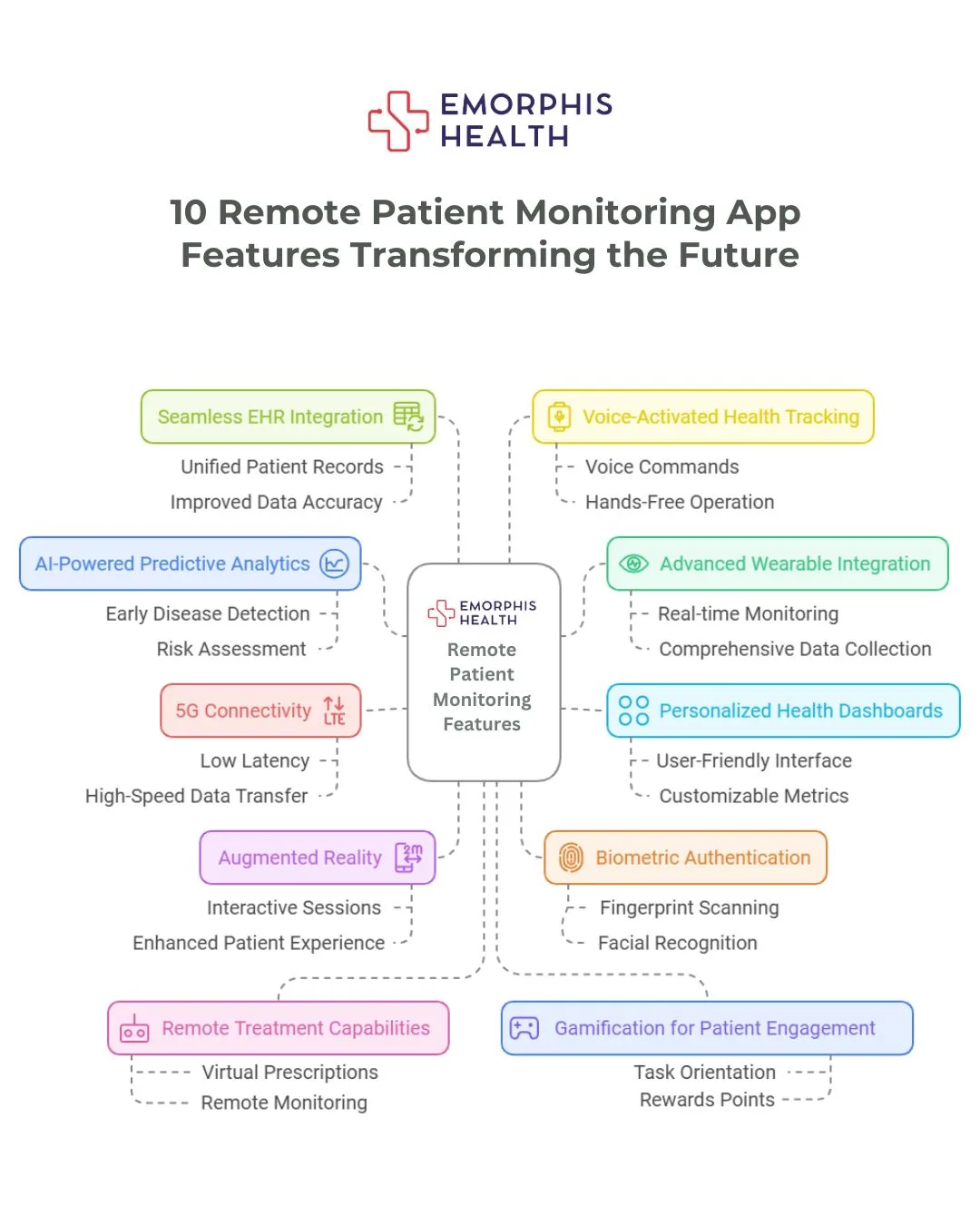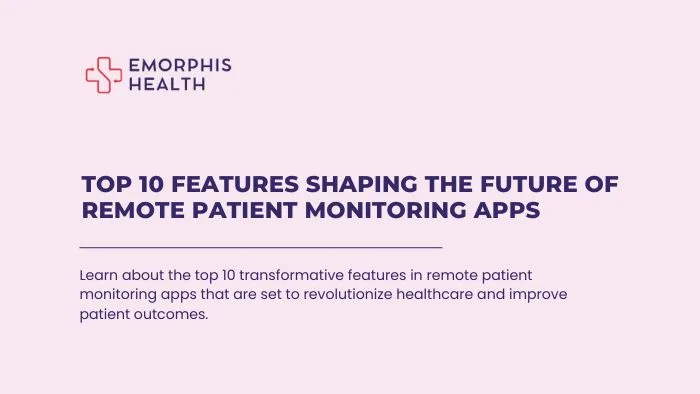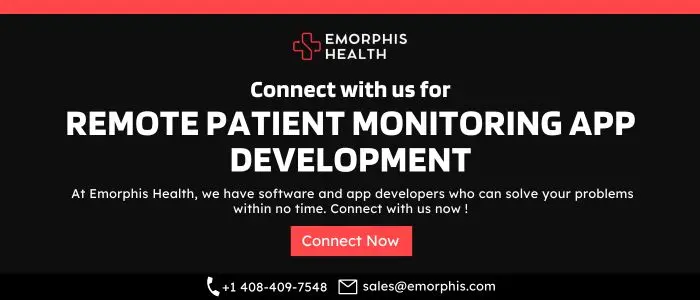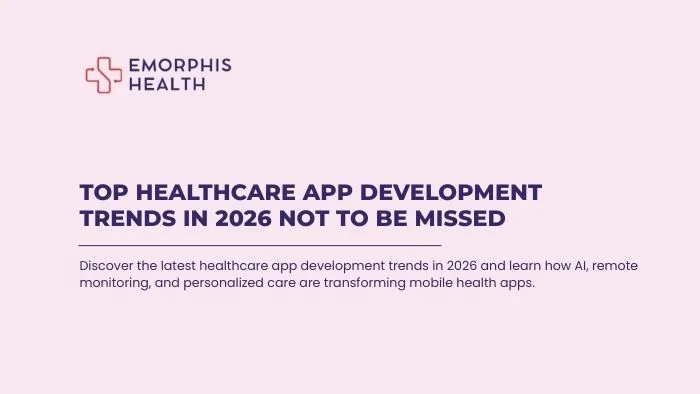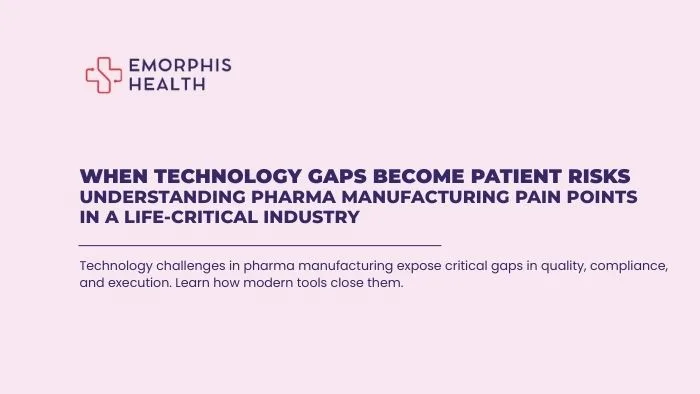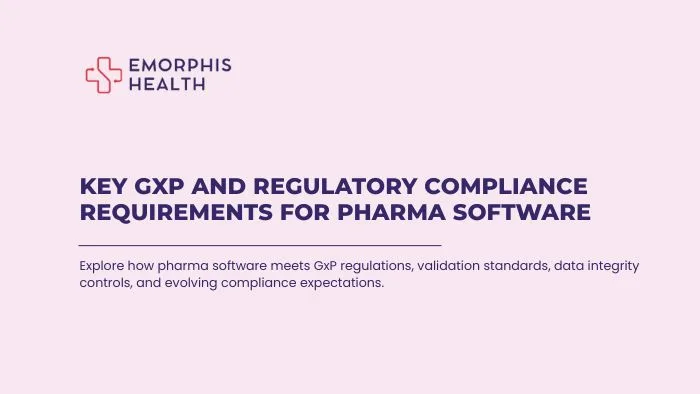Overview
See Contents
In the rapidly evolving healthcare landscape, remote patient monitoring apps have emerged as a game-changer. These apps empower healthcare providers to track patients’ health conditions from afar, offering real-time insights that improve patient care, reduce hospital visits, and lower healthcare costs. But as the demand for digital health solutions grows, so does the need for enhanced functionality in these apps. Looking ahead, the future of remote patient monitoring apps promises to bring even more transformative features that will reshape patient care.
Market Size & Trends
The global remote patient monitoring system market was valued at approximately USD 5.2 billion in 2023 and is projected to grow at an impressive compound annual growth rate (CAGR) of 18.6% from 2024 to 2030.
The COVID-19 pandemic played a pivotal role in accelerating the demand for these systems. With healthcare providers facing a shortage of hospital space, remote monitoring became essential—especially for chronic disease patients who were encouraged to avoid in-person visits to minimize the risk of infection. This shift not only boosted the adoption of remote patient monitoring apps but also highlighted their potential for improving chronic disease management by offering early warning signs and progress tracking.
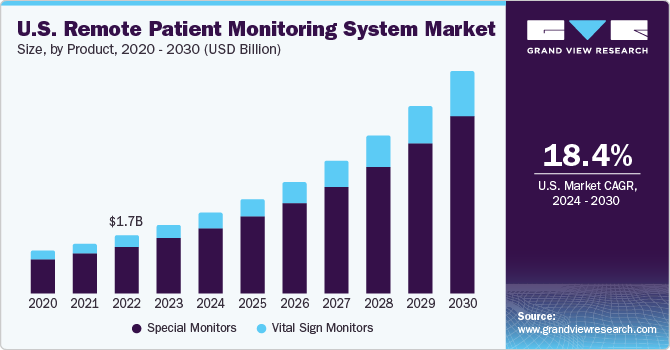

Image and Data Source: Grand View Research report
Investments in this sector have surged, with companies collaborating, acquiring, and partnering with emerging startups to develop advanced solutions. Personalized telemedicine apps have become a crucial communication platform, enabling real-time, remote monitoring of patients and acting as a vital bridge between caregivers and patients. This rapid shift, originally driven by necessity during the pandemic, has since transformed the landscape of the remote patient monitoring market, increasing both patient engagement and healthcare provider adoption. The enhanced access to care and the growing reimbursement opportunities further bolster the market’s growth.
One of the driving forces behind this expansion is the increasing collaboration between key healthcare players to enhance patient monitoring programs. A notable example occurred in August 2023 when EPIC Health and OMRON Healthcare, Inc. teamed up to address health inequities in Detroit, U.S. Through this partnership, OMRON Healthcare deployed VitalSight, a remote patient monitoring service designed to monitor patients with high blood pressure. These types of partnerships are expected to propel the growth of the remote patient monitoring market in the coming years, as healthcare providers increasingly rely on innovative solutions to deliver effective, remote care.
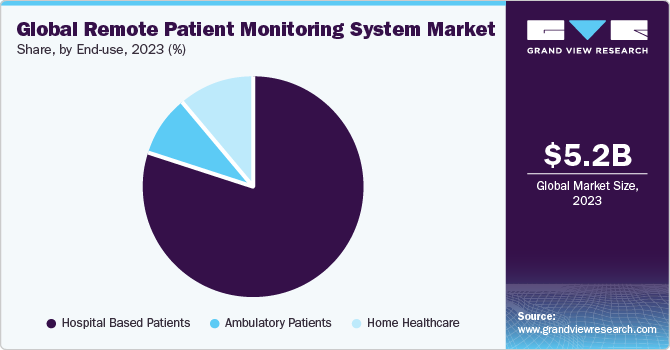

Image and Data Source: Grand View Research report
In 2023, hospitals dominated the remote patient monitoring market, accounting for 79.7% of the market share. This is due to the large number of inpatients and outpatients they serve, along with extensive diagnostic testing capabilities and technical staff. However, home healthcare is expected to grow significantly in the coming years, driven by its cost-efficiency and the rising demand for remote care. The COVID-19 pandemic accelerated this trend, as more patients began consulting with doctors from home. This shift opens up new opportunities for companies to partner with hospitals and offer remote patient monitoring solutions.
Let us now explore the top 10 features that will shape the future of remote patient monitoring apps and revolutionize how healthcare is delivered.
10 Remote Patient Monitoring Apps Features Transforming the Future
1. AI-Powered Predictive Analytics
Artificial intelligence (AI) is at the forefront of technological advancements in healthcare, and remote patient monitoring apps are no exception. The future will see these apps integrate AI-powered predictive analytics, allowing them to analyze patient data in real-time and predict potential health events before they occur. This means healthcare providers can proactively address issues such as worsening conditions or potential complications, rather than waiting for the patient to report symptoms.
Imagine an app that can alert doctors about an impending heart attack or detect early signs of a respiratory issue in chronic patients. AI-powered remote patient monitoring apps will not only improve patient outcomes but also save lives by enabling early interventions.
2. Advanced Wearable Integration
Wearable technology has already made its mark in healthcare, with devices like smartwatches and fitness trackers monitoring heart rates, steps, and even sleep patterns. However, the future of remote patient monitoring apps will take wearable integration to the next level. These apps will sync seamlessly with a wide range of wearable devices, including implantable sensors, to provide continuous, real-time health data.
Whether it’s monitoring blood glucose levels in diabetics or tracking irregular heart rhythms in patients with cardiovascular conditions, the advanced integration of wearables with remote patient monitoring apps will offer more precise data, enhancing the quality of care patients receive.
3. Personalized Health Dashboards
As remote patient monitoring apps continue to evolve, they will offer patients more personalized health dashboards. These dashboards will provide patients with easy-to-understand summaries of their health metrics, trends, and recommendations, empowering them to take an active role in their own health management.
For instance, if a patient is managing hypertension, the app might display a custom dashboard showing daily blood pressure readings, advice for maintaining healthy levels, and reminders for medication. This level of personalization will make remote patient monitoring apps more user-friendly and patient-centered, leading to better health outcomes.
4. 5G Connectivity for Instantaneous Data Transfer
The introduction of 5G networks is expected to revolutionize remote patient monitoring apps by providing faster, more reliable connectivity. In the near future, 5G-enabled apps will transfer patient data in real-time, without any delays. This rapid data transfer will allow healthcare professionals to receive live updates on their patients’ conditions, enabling them to make swift, informed decisions.
For patients with chronic conditions like diabetes, heart disease, or COPD, immediate data sharing can mean the difference between timely medical intervention and preventable complications. As 5G technology becomes more widespread, remote patient monitoring apps will deliver even greater value through instantaneous, uninterrupted data flow.
5. Augmented Reality for Virtual Consultations
Augmented reality (AR) has made its way into many industries, and healthcare is no exception. In the future, remote patient monitoring apps may incorporate AR features to enhance virtual consultations. With AR, healthcare providers could visually guide patients through medical procedures, or explain complex health data, all while using the remote patient monitoring app.
This technology could be particularly beneficial in situations where patients are managing complex conditions or using home medical devices. By providing an interactive and immersive consultation experience, AR-equipped remote patient monitoring apps will further bridge the gap between in-person and virtual care.
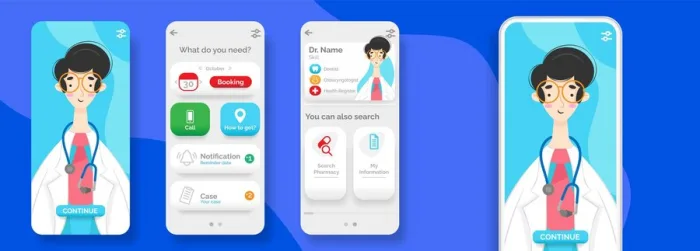

6. Biometric Authentication for Enhanced Security
Security and privacy are major concerns for both patients and healthcare providers when it comes to health data. As remote patient monitoring apps handle increasingly sensitive information, future apps will likely adopt biometric authentication methods—such as facial recognition, fingerprint scanning, or even voice authentication.
These features will provide an extra layer of security, ensuring that only authorized individuals can access a patient’s health data. By incorporating biometric authentication, remote patient monitoring apps will give patients peace of mind that their personal health information is secure.
7. Seamless Integration with Electronic Health Records (EHR)
For remote patient monitoring apps to be fully effective, they must integrate smoothly with existing Electronic Health Record (EHR) systems. In the future, seamless integration will allow healthcare providers to access patients’ remote monitoring data alongside their medical histories, treatment plans, and lab results—all in one place.
This integration ensures that healthcare professionals have a comprehensive view of a patient’s health, leading to more informed decision-making and better coordination of care. Remote patient monitoring apps that can pull and push data to EHRs without manual intervention will streamline the workflow for healthcare providers, reducing errors and improving patient outcomes.
8. Voice-Activated Health Tracking
Voice-activated virtual assistants are already common in our everyday lives, from smart home devices to mobile phones. The future of remote patient monitoring apps could include voice-activated health tracking, where patients can interact with their app through simple voice commands.
For example, a patient could ask their app, “What was my blood sugar reading yesterday?” or “When should I take my next dose of medication?” This hands-free functionality will make remote patient monitoring apps more accessible, especially for elderly patients or those with physical disabilities.
9. Remote Treatment Capabilities
While current remote patient monitoring apps primarily focus on tracking and reporting health data, future versions will likely incorporate remote treatment features. This could include apps that allow healthcare providers to adjust medication dosages or recommend lifestyle changes based on real-time patient data, all without requiring an in-person visit.
For chronic disease management, this level of remote intervention could significantly reduce hospital readmissions and improve patient outcomes. Remote patient monitoring apps that combine monitoring with remote treatment capabilities will take digital healthcare to new heights.
10. Gamification for Enhanced Patient Engagement
One of the key challenges in healthcare is keeping patients engaged with their treatment plans. Gamification—using game-like elements to motivate users—will be an innovative feature in the next generation of remote patient monitoring apps.
For instance, apps might reward patients with points, badges, or streaks for consistently taking their medication, logging daily readings, or following exercise routines. These fun, engaging features will help motivate patients to stay on track with their health goals, ultimately leading to better outcomes.
Conclusion
The future of remote patient monitoring apps is filled with potential, offering a range of features that will transform the way healthcare is delivered. From AI-powered predictive analytics to seamless EHR integration, these apps will continue to enhance patient care and improve the efficiency of healthcare systems. As these technologies evolve, remote patient monitoring apps will play an increasingly vital role in ensuring that patients receive the best care, no matter where they are.
Connect with the experts at Emorphis Health, our team specializes in creating innovative healthcare app development solutions tailored to meet the unique needs of providers and patients alike. With a deep understanding of the latest technologies and healthcare trends, we can help you design an app that enhances patient engagement, improves health outcomes, and streamlines care delivery.
Contact us today to learn how we can transform your vision into reality and elevate your healthcare offerings with our expert remote patient monitoring app development services.
Here is a graphic representation of the details.
